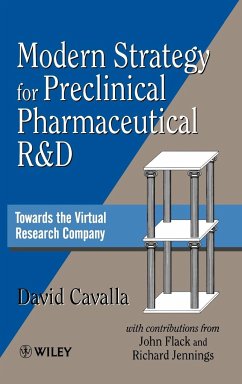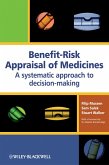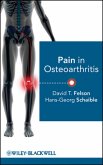The twentieth century has been a great success for modern medicine,and has resulted in the generation of a plethora of drugs to treatmost common illnesses. However, in the light of increasingregulatory demands, spiralling costs and diminishing commercialreturns, the question of how, when, where and whether to conductpharmaceutical R&D has profound implications, and not just forthose within the pharmaceutical industry. In response to these andother dilemmas, the authors define the processes involved in drugresearch, and examine the advantages and disadvantages ofcollaborative methods of drug research, and examine the roles thatacademia, CROs, small "biotechnology" companies and "researchboutiques," and possibly even the "virtual research company" mightplay as contractors and collaborators.








